Upcoming Changes to Visa's Application and Renewal Fees

Effective April 1, 2024, the initial non-refundable application fee and annual renewal will increase from $500 to $950 for Visa. Mastercard’s registration fees remain unchanged for now. Visa is also introducing a fee of $0.10 for each transaction, and 10 basis points (0.10%) to payment volume processed on merchant accounts categorized with merchant category code 5967, 7273, and 7995.
A quick reminder for those who don’t deal with merchant category codes on a daily basis: 5967 is labeled “Direct Marketing – Inbound Teleservices Merchant” which is how the payment schemes define anything related to adult content. If there’s nudity, it gets classified as MCC 5967.
7273 is dating services, so long as there is no nudity present on the website. If the website is a dating service but allows nudity, typically, an MCC of 5967 will be applied.
7995 is betting, including lottery tickets, casino gaming chips, off-track betting (OTB), wagers at race tracks, and games of chance to win prizes of monetary value.
What does this mean for website owners and operators that are classified as one of these merchant category codes?
Be prepared for a $1,450 annual registration fee ($500 to Mastercard and $950 to Visa) effective April 1. In addition to that, the cost of processing Visa transactions is going to increase by $0.10 and 0.10% across the board; every bank will be affected.
What can you do?
Unfortunately, when the card brands make a financial decision that impacts how transactions are treated when introduced to their payment network, there’s very little choice but to comply. The best advice I can offer is to partner yourself with a payment processor who has your best interest as the top priority.
What’s next?
The good news is that Mastercard has not made any announcements that their fee will be increasing.
A few best practices to keep in mind.
Don’t authorize transactions unnecessarily, and try to settle larger transactions instead of multiple smaller transactions. For example, if you operate a cam site or fan platform, don’t authorize the card when it’s added as a payment method to your member’s profile, and for tips, try to establish a threshold that makes sense rather than settling ten $2 transactions in the span of five minutes.
What else is there?
When I spoke on the billing panel at XBIZ L.A., I asked if anyone in the audience knew what RDR, CDRN, or Ethoca Alerts is. I was met with a resounding “no.” It’s important for business owners to be aware of the tools that are available to them to help their businesses thrive and grow. Of course, it cannot be recommended enough to enroll in chargeback protection services. RDR has been a lifesaver for some merchants who have either been the victim of fraud perpetrated by bad actors. There’s also CDRN that works really well in conjunction with RDR. Lastly, there’s Ethoca Alerts, which is similar to CDRN, but it’s Mastercard’s product whereas CDRN is Visa’s.
What is RDR?
Rapid dispute resolution is a program offered by Visa that acts like a chargeback without getting the black mark of receiving a chargeback. No human intervention is required for RDR to work its magic, and it operates on the same rails as chargebacks. The cardholder still gets their money back, but the merchant’s chargeback count and ratio don’t go up. There’s no reason not to use RDR.
What is CDRN?
Chargeback Dispute Resolution Network provides the merchant with an alert and 72 hours to address the cardholder’s grievance. It’s a cardholder-initiated alert, and the merchant has two options: address the concern with their customer and resolve it or issue a refund to avoid a chargeback. CDRN cases almost inevitably become chargebacks if they’re left unresolved, and this product is especially useful for businesses that sell and ship tangible items. 72 hours can be the difference between being able to cancel the fulfillment of an order or even divert or recall a shipment that’s already left your facility and running the risk of losing the product and receiving a chargeback.
What is Ethoca Alerts?
Ethoca Alerts is similar to CDRN, but it’s offered by Mastercard. An important distinction to know is that Ethoca Alerts allows 24 hours for a case to be resolved. Both Ethoca Alerts and CDRN require human intervention. But there are systems in place that allow the alerts to be resolved via API if the business decision is made to simply refund every alert that is received. This is what many membership sites opt to do.
What did I just read?
Starting April 1, 2024, Visa's non-refundable application fee and renewal fee will increase to $950, with added transaction fees for specific merchant categories like adult content, dating services, and betting. Website owners under these categories will face higher annual registration costs and processing fees. Mastercard fees remain unchanged. It's advised to work with payment processors who prioritize your interests. There are tools like RDR, CDRN, and Ethoca Alerts to manage chargebacks and disputes, with RDR being a hassle-free chargeback alternative offered by Visa. CDRN and Ethoca Alerts provide merchants with time to resolve customer grievances before potential chargebacks.
Return to Blog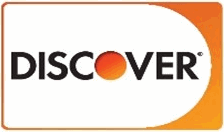
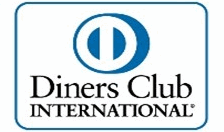


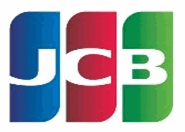
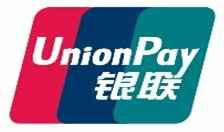
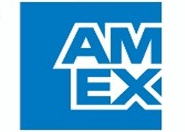

* Created by
